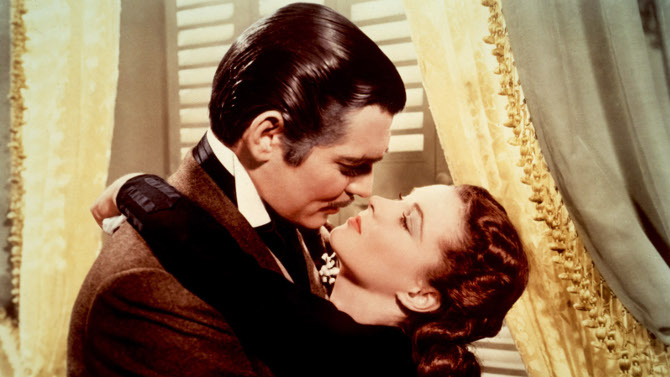
Murder ‘Mystery’
Sometimes a movie just doesn’t fit perfectly within its own genre... going against a few of the tropes that define what something is, all while hitting enough of them to still be what it is – confusing! That’s the case with this latter-day Italian giallo, Mystère... sometimes better known by its English title Dagger Eyes (1983). Co-written and directed by Carlo Vanzina, the film opens with a rather impressive, though more crime inspired assassination in Rome... resembling the real life John F. Kennedy car killing. It will start a chain reaction of murders that will rock the Eternal City.
-

Fright Nights: October 2017 Edition
October 1, 2017It is already October 1st (kind of hard to believe), and you all know what that means. . . time for some great horror films to be reviewed leading all the way up to Halloween. Expect modern miracles as well as classics, so keep your eyes open for a variety of intriguing movies that show the diversity and creativity that lies within the suspense-filled genre. Also, as a lead in, I wanted to quickly highlight the anniversary of a little known cult classic that I only found out about a little over a year ago, titled Spider Baby or, The Maddest Story Ever Told. Celebrating its fiftieth anniversary this year, it was actually filmed three years earlier over 12 sweltering hot days in August of 1964. Bankruptcy issues with the producers stalled it for three and a half years; eventually it did arrive in theatres on December 24th, 1967 (an odd time to be sure), though not to much fanfare.
-
Star Pick with Michael Dante
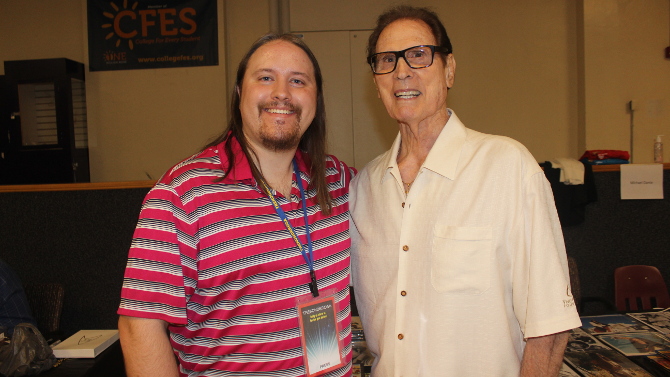 Gone with the Winds of ChangeGone with the WindSeptember 28, 2017
Gone with the Winds of ChangeGone with the WindSeptember 28, 2017It was lovely sitting down with veteran actor Michael Dante at Trekonderoga this past August. In the business for more than sixty years, it was not his original path in life. A top baseball player, he was signed by the Boston Braves out of high school. As fate would have it, he travelled a less expected path, finding his way, through interesting circumstances, into his first feature film, Robert Wise’s Somebody Up There Likes Me, in 1956 (with legendary names like Newman, Duvall and McQueen). Leading to an impressive career, Dante has graced the silver screen in such films as Westbound, Seven Thieves (Edward G. Robinson, Rod Steiger, Joan Collins, Eli Wallach), Kid Galahad (Elvis), The Naked Kiss (with famed director Samuel Fuller), Apache Rifles, Willard, as well as playing the title character in Winterhawk. . . this is just a small sampling of his work.
-
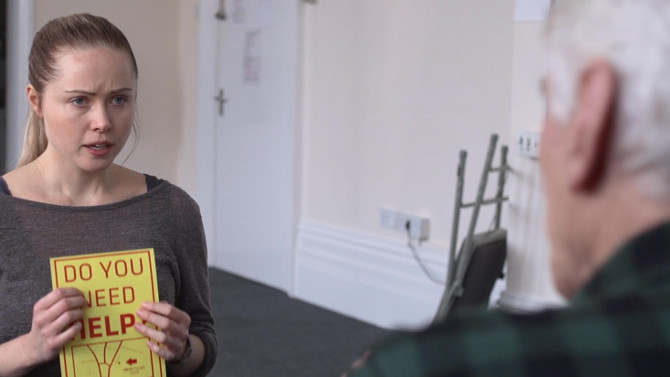
CAUTION: Help Needed
Punch BagSeptember 24, 2017Human nature is fickle. For all the good things that come with it, there is a belief, even a drive, to be right. Perhaps best termed a stubborn streak, we feel that we alone can have the appropriate perspective on an issue, leading to countless gripes between neighbours or amongst family members. It is likely that, if we travelled back two thousand years, Ancient Romans would be having similar tiffs in which both believe they are in the right. It is this scenario that comes to life in the absurdist 2017 short film Punch Bag, a dark comedy with a unique vision. Written and directed by Daniel Harding, the narrative follows Naomi (Ingvild Deila), a woman who finds herself in one such similar situation, disgruntled with the intrusive noise of her neighbours. Finding a striking yellow and red pamphlet that offers aid for such matters, she waits outside the business office, growing more hesitant to enter after hearing the lopsided row going on inside.
-
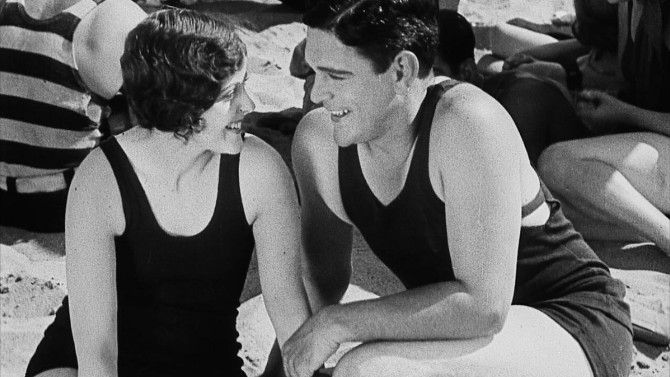
The Sound of Silence. . . Almost
LonesomeSeptember 22, 2017A striking picture from a unique moment in Hollywood history, Pál Fejös’ 1928 romantic drama Lonesome found itself one of the first transitional films between the silent and sound/talkie era. Originally developed as a Universal silent feature by the Hungarian filmmaker (Fejös, a Renaissance man, was also a doctor, World War 1 medic, anthropologist and explorer), in post-production it was decided that three dialogue scenes would be added – to appease audiences who desired the new effect following The Jazz Singer craze. A short transitional period of about two years followed, as filmmakers and studios began to adapt to the changing world of sound, adding touches of dialogue into their silent pictures.
-
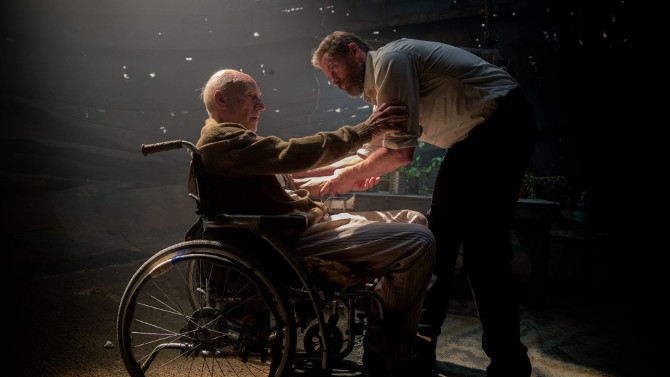
Wolf Pack
LoganSeptember 19, 2017It’s funny. As I chatted with my cousin while on the way to see Logan, I mentioned one of the most frustrating aspects of comic book movies – that it is somehow expected that the newest effort has to outdo the previous one, which is then interpreted by going bigger in the realm of special effects and mind-numbing final battles that end up feeling more than ludicrous (even for a sci fi fantasy). That is why I was so pleasantly surprised by James Mangold’s 2017 offering; a more personal, pared down feature that, at its heart, is about learning to live with your past, as well as recovery and redemption. Taking a page from the popularity of last year’s Deadpool, Logan does not hold back in the realm of violence, profanity, and one small moment of nudity. Set approximately a decade into the future, the opening shot may be jarring to some fans of the X-Men franchise. When we first see Hugh Jackman’s titular character – his big, bushy beard (not the perfectly trimmed mutton chops) and hair flecked with grey, it is an aged Wolverine like we have never seen. He more closely resembles a modern day Mel Gibson (perhaps after a lengthy bender) than the regenerative, sarcastic being we know and love. He is haggard, depressed and has lost a step. . . maybe even two. It is a world that has not seen the birth of a mutant in quite some time, and these gifted individuals are dying out.
-
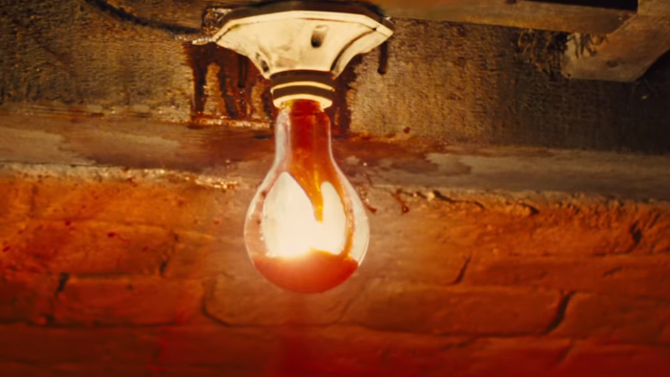
The Mother! of All Mothers
September 17, 2017You may be wondering why I am writing about Mother!, Darren Aronofsky’s new horror film, as a blog post and not as a review. A complex piece of cinema that is both rewarding and frustrating, it is something I cannot wholly recommend for viewing – a must for me. To many viewers, it will likely feel like the exclamation point should be replaced by a question mark. . . perhaps several. Likely to leave many audience members baffled, it is still important to understand the basis for the story, as well as the text, subtext, and sub-subtext that makes the tale so seeped in allegory. This will hopefully provide brave cinephiles with a guidepost that will enlighten them to Aronofsky’s vision, whether they walk away from it with one viewpoint or another, loving or loathing it.

